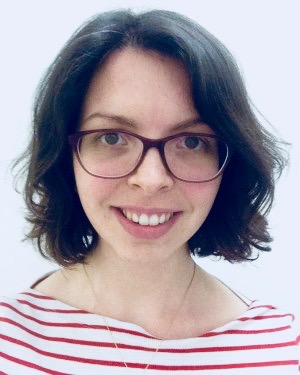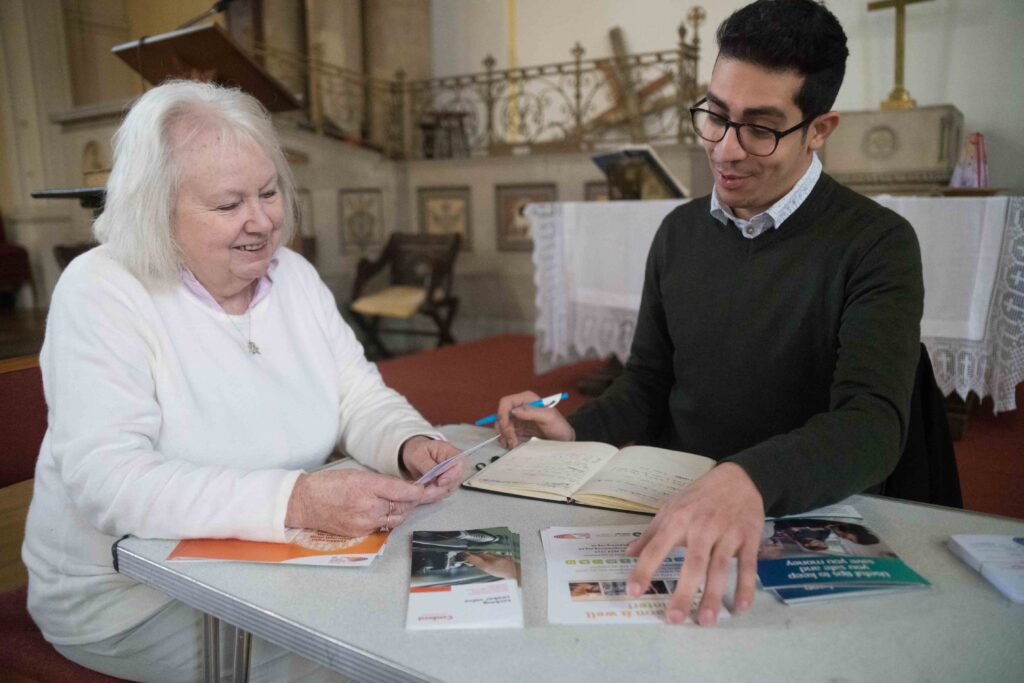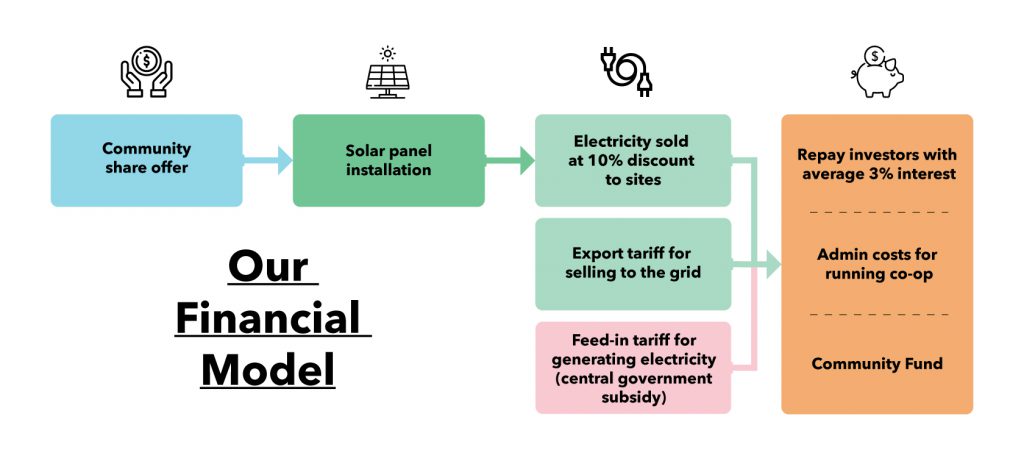Our Programme Manager – Community Support Services knows that connection and communication are key ingredients for change

“I feel like there’s been a few phases to me getting here,” says Aryanisha Lawes of her role as Programme Manager – Community Support Services at Repowering London. This journey has included, as she explains, a stint as a supply-chain consultant for international food and beverage brands and a foray into international development work, including work for a women’s rights charity in India.
Her experience in India was particularly formative and led her to two important realisations. First, that she didn’t want to live outside of the UK for the rest of her life. Second, that if she was going to work to change people’s lives she wanted to be near to those people. “I want to have that human connection,” she says, “that’s really a big theme for me. So, I decided I’m going to be in London and do something with Londoners”.
The first something she did was work for a social housing association as a housing officer in an Extra Care team. This gave her an insight into how much people are struggling in the face of limited resources to help with the costs of living and other challenges. She saw the way that one challenge – for instance, drug dependency or domestic violence – impacts on another and also that the system doesn’t account for complexity when it comes to expecting bills to be paid.
A move to Brixton saw her looking to work even more local, which led her to apply for a role at Repowering London as part-time Fuel Poverty Co-ordinator. Once she met the team, she says, she just loved the way it seemed to: “just get stuck in, make things happen using a lot of intelligence and commitment to the cause. If something needs to get solved we’re going to work out how to do it and we’re going to learn from it. There’s just that kind of confidence.”
Pioneering the personal
In her new role she helped pioneer the model of Community Energy Champions, people who have lived experience with issues dealing with suppliers or with their bills and can use this insight to help others in a similar situation. It embodied the kind of participatory support that Aryanisha is most interested in – the opposite of the top-down dynamic often used by larger change organisations and NGOs.
“Involving people with lived experience is something that I’m really passionate about. I’m very interested in whether participation is performative or is genuine power sharing. And how you can involve people in things in a way that’s appropriate, values their time and isn’t re-traumatising, and that offers genuine opportunities to change things as well.”
“If you don’t have a voice in defining what the problems are, the solutions aren’t going to work for you,” she concludes.
“If you don’t have a voice in defining what the problems are, the solutions aren’t going to work for you”
Since then, she’s grown her role at Repowering London and helped us deepen our commitment to grassroots involvement in the work of helping people exercise agency in their local community around creating shared energy assets.
Joined-up thinking
She feels that Community Support Services (CSS) – which continues to focus on fuel poverty and how to alleviate it – is a necessary complement to our energy-generation projects. As she puts it: “Why do you put solar on rooftops? It’s because we would like the world not to be an inhospitable place for people to live in. It comes from compassion and care for people, particularly those in the future. But there are also people who are suffering now and we also acknowledge their suffering.
“So how do those things come together? How can we make sure that the transition [to a low-carbon future] benefits both parties? You can do things like put up solar panels on a housing estate, but because of how the system is set up the people who live there and are struggling right now can’t use those to fuel their homes. So, you also need our innovation projects to look at what needs to shift in the system to enable more local generation and local supply. And then you can do work around making people who are in poverty feel like that they can get skills and get into employment, and that they’ve got more control in their life.”
That’s where Aryanisha and her CSS colleagues come in. Over the past few years three key strands have emerged: empowering local people to be agents of change, building the capacity of other local organisations with training and engagement activity, and influencing policy.
Slow and steady
The focus right now is on community and capacity building. In particular, helping people learn resilience skills that can cut their immediate energy costs. On the drawing board is a “slow cooker challenge” we hope will involve 250 people. It’s early days, but the idea is to encourage people to regularly use a slow cooker – a low-energy method of cooking.
The key word when it comes to the challenge is ‘regularly’, Aryanisha emphasises. “There’s a bit of a joke in my family that my mum would buy a kitchen gadget, use it for a bit and then it would just live on top of the fridge, collecting dust!” So, she knows that the main thing isn’t to give people the tool, but to make sure they use it to bring long-lasting value directly to themselves.
In keeping with her strongly held values, the project will very much be a co-creation. The CSS team will be asking the people who will be benefiting how they would like it to work. Overall, “It’s about providing a positive, empowering thing that people can do to shift behaviour in their own homes and through that build trust, connections and networks.”
Also on the CSS team’s wish list is to create a set of engagement tools for local residents and organisations that are going to help improve energy efficiency in their homes, raise awareness of peoples’ rights and protections and signpost bigger organisations that can help with problems to do with benefits, consumer rights protection and the like. “We really want to rationalise our offer for local residents and grassroots organisations so that we have a standard pack of activities that we can repeat and scale and can be adapted for location.”
While explaining these goals, Aryanisha never loses sight of that golden thread – that every project is a work in progress and the work of many hands. “It’s part of the creative process. It’s like when you start painting or writing an essay – it’s through the doing that you get clear on why it all fits together.”
Find out more about the work of Repowering London’s Community Support Services here.


